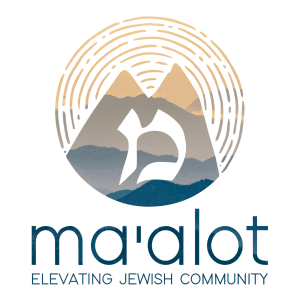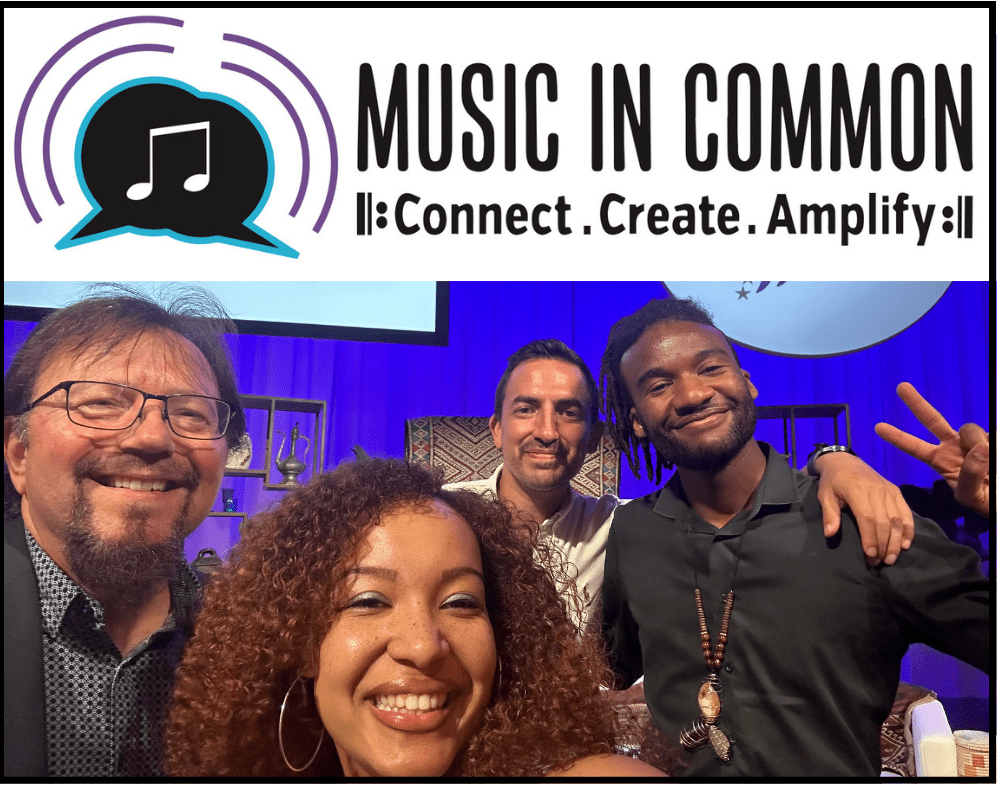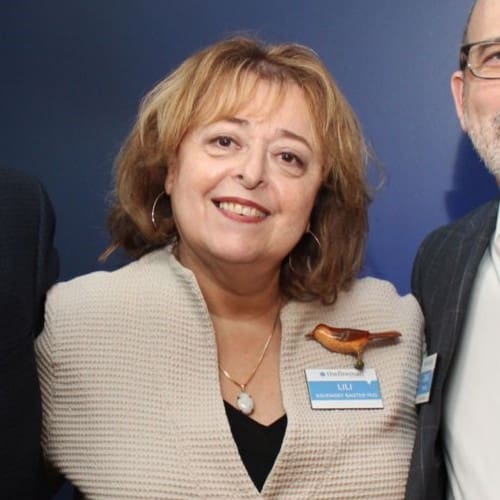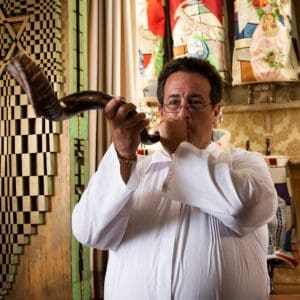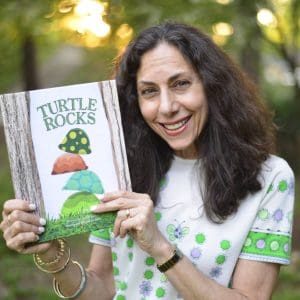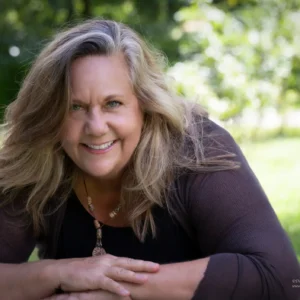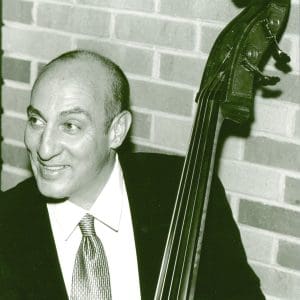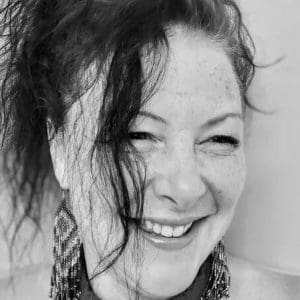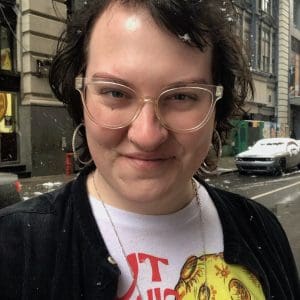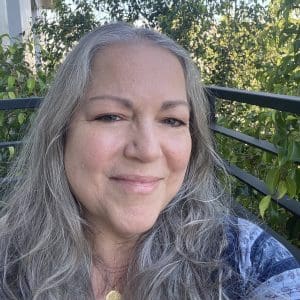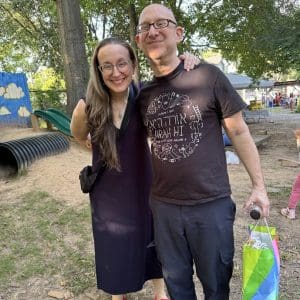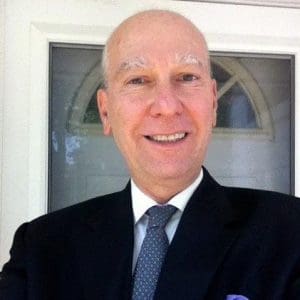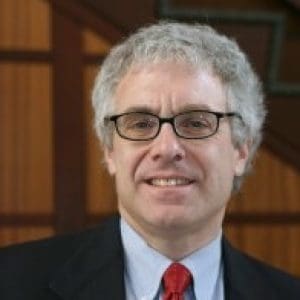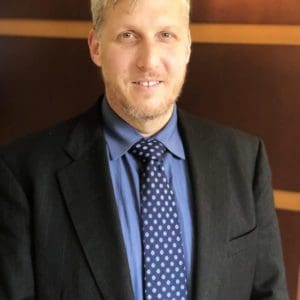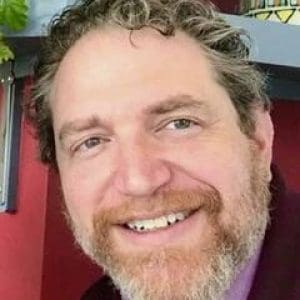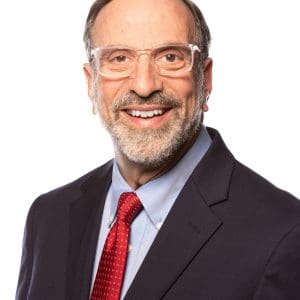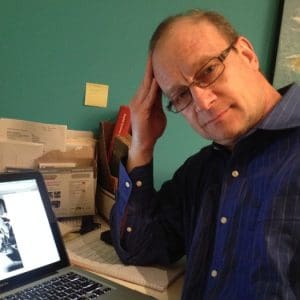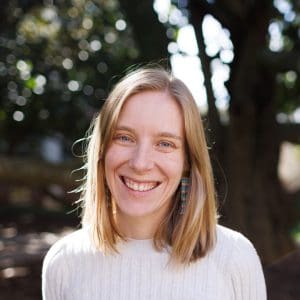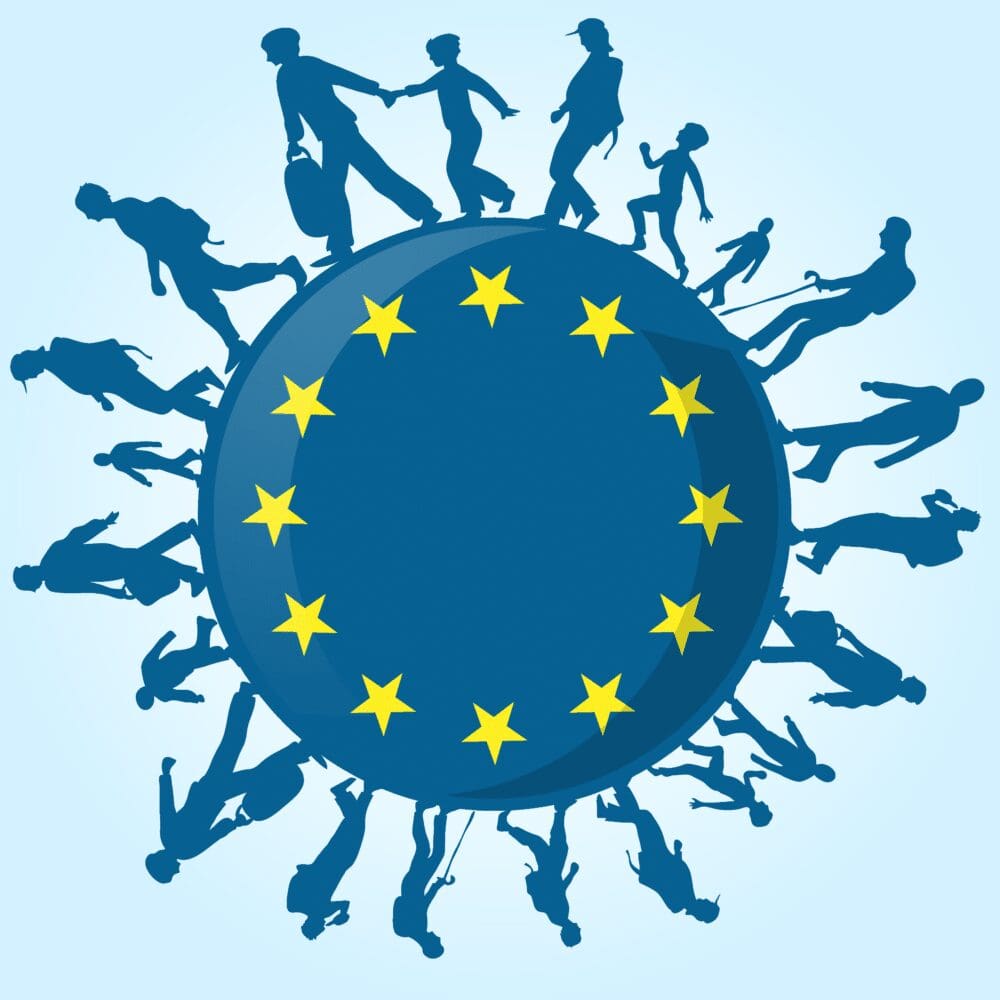A Message From Rabbi Sandler
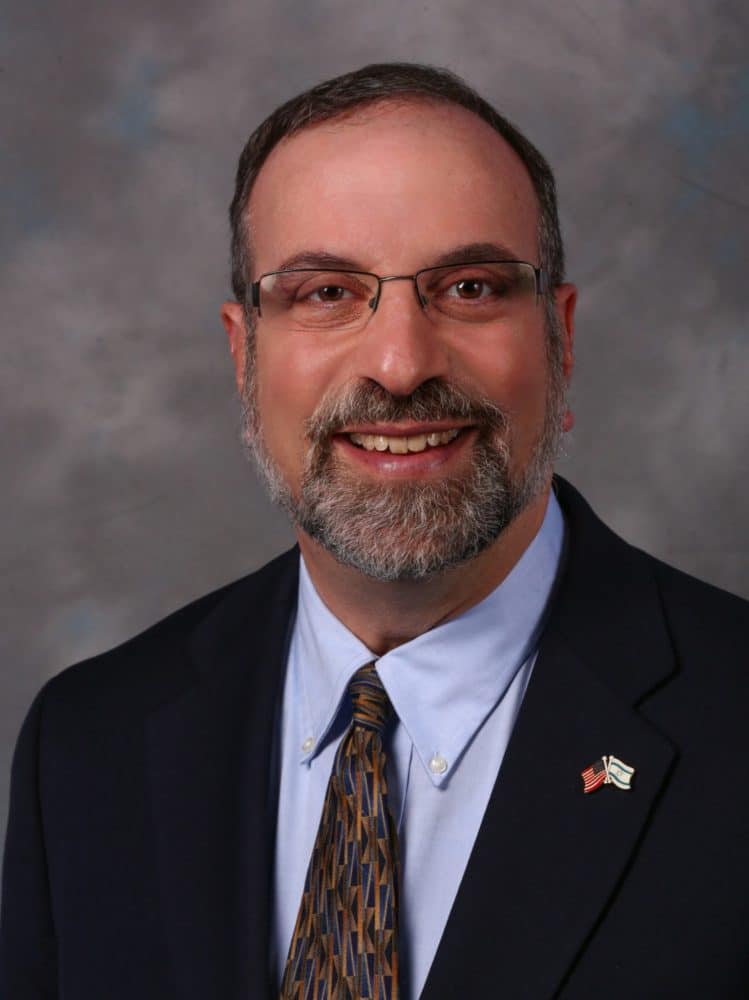
This is the week that states, dealing with the financial ravages caused by the Coronavirus pandemic, are beginning to open their economies. Our own state led the way toward the end of last week. It's no surprise that voices on both sides – pro and con regarding specific decisions – are being raised, often quite loudly. The back and forth between them is anguishing. We hear recognize the pain and empathize with those whose lives have been turned upside down by loss of employment and income. We also hear the learned voices and concerns of epidemiological experts seeking to pave a safe direction. The two positions are often juxtaposed against each other and therefore at odds.
A rabbi's role in this moment of significant decision and perhaps angst-inducing action is to bring forth the wisdom of our tradition. In that regard, I share with you (with permission) an edited version of the comments my colleague, Rabbi Eric Cytryn of Beth El Temple in Harrisburg, Pennsylvania, shared with his colleagues earlier this week. Rabbi Cytryn's views reflect my own views. I acknowledge that other rabbinic sources might be used to argue the opposite view. However, at the same time, I confidently assert that the perspective Rabbi Cytryn puts forth in his comments best represents the predominant wisdom of our rabbis throughout the ages.
Rabbi Neil Sandler
(When the Rabbis put forth) the (moral principle) of pikuach nefesh – the infinite value of a single human being and the irreplaceable nature of human life, (they did so in absolute terms). (They did not do so relative to other values best summarized by the current assertion some are now making) "the cure is worse than the disease."
I think the Rabbis would have told us emphatically that "Pikuach nefesh doche et hakesef" ("Saving a life transcends making money in any fashion.")
By opening up the economy are we running the risk of endangering (those of us) in our 60's and older and who have other issues that may exacerbate the dangers of COVID-19? Are we running the risk of endangering people of color of all ages by opening our society, our businesses and purely social opportunities? Are we putting a "stumbling block before the blind" (a classical rabbinic mitzvah prohibition) by opening businesses and asking people to socially distance and wear masks?
These are extraordinary times, unprecedented times when we know much more than the Rabbis knew in terms of science and technology. And we have basic rabbinic teachings that are humanistic, life affirming.
I think an overwhelming majority of the Rabbis would urge us to listen to the doctors, the nurses and scientists and do what we can to witness our faith that the teaching in the Talmud (Tractate Sanhedrin) is true, relevant and compelling: a person who is responsible for killing a single life is considered as someone who has killed an entire world. Trust the scientists on this one… to interpret the facts and develop a strategy to live with COVID-19 and return our lives to a new normal.
Who knows what the new normal will look like exactly? But none of the scientists I am listening to – Drs Fauci and Birx nationally… are imagining that the economy will be shut down… beyond the summer.
The economy will recover. Jobs that are lost can be replaced.
No one who dies can be replaced. We need to feed the hungry and minister to the despondent, the depressed, the isolated. We need to reach out to the unemployed and take care of them as best we can. We need to offer truthful, realistic hope that there is light at the end of this tunnel and spell out, as best as we know, what that means. We need to pray together because we are all in this together.
By the way, one of my 89-year olds likes to quote the Yiddish "Mann tracht un Gott lacht" ("Man plans, and God laughs.") I pointed out to him a year or two ago that for almost every opportunity he took to quote that aphorism you could also say, "Man plans and God weeps."
That is what is happening now. God is weeping that so many humans created in the Divine have died. God does not want more to die. That is my theology, driving my ethics at this moment.











